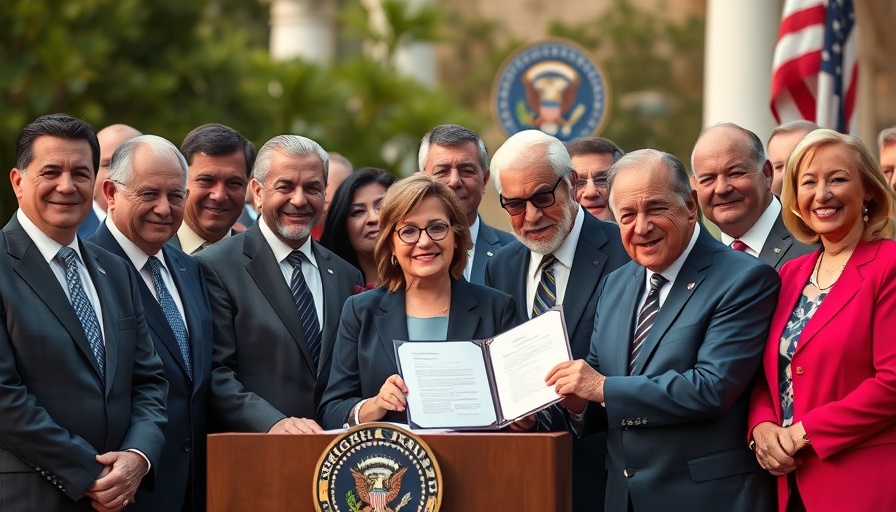
The Dawn of Tax Reform: What is the OBBBA?
The One Big Beautiful Bill Act (OBBBA), which became law on July 4, is touted as one of the most significant tax reforms since the Tax Cuts and Jobs Act of 2017. This extensive bill, exceeding 1,100 pages, extends various provisions of the TCJA while incorporating new deductions, credits, and limitations. Notably, it encompasses aspects beyond taxation, such as spending allocations, border control, and energy policies. Its passage marks a fundamental shift in how the federal government will approach taxation and fiscal policy.
Cost and Economic Impact: An Overview
According to the Congressional Budget Office (CBO), this sweeping legislation is projected to add approximately $3.4 trillion to the federal deficit over the next decade, driven primarily by anticipated revenue losses of $4.5 trillion due to tax cuts. Critics argue that this deficit growth raises critical questions about fiscal sustainability and the potential long-term ramifications on government programs.
In contrast, the Tax Foundation forecasts positive macroeconomic impacts, predicting a 1.2% increase in GDP, the creation of nearly 1 million jobs, and an anticipated 4% wage growth in the long run. However, the juxtaposition of these optimistic projections against criticisms regarding the bill's equity issues raises a complex debate over its overall societal benefits.
Individual Tax Implications: What to Expect
The OBBBA makes significant changes to individual tax rates that are likely to affect millions of Americans:
- **Permanent Extension of TCJA Cuts:** The bill locks in lower tax brackets, meaning taxpayers will see the 12% bracket remain instead of increasing to 15%. The top tax rate is secured at 37% rather than reverting to 39.6%.
- **Standard Deduction Adjustments:** The standard deduction will now permanently stand at $15,750 for single filers and $31,500 for those filing jointly, indexed for inflation.
- **Child Tax Credit Increase:** The child tax credit rises to $2,200 per child and phases out for higher income earners, providing additional support to families.
Moreover, seniors aged 65 and older, with incomes below specified levels, will receive enhanced deductions, along with several other provisions targeted at middle-class households, shifting the tax burden dynamics within the demographic.
Business Tax Changes: A New Landscape
On the corporate side, the OBBBA reinstates 100% bonus depreciation for qualifying property, a boon for businesses looking to invest in capital improvements. The limit for Section 179 expensing is also expanded to $2.5 million, which will provide businesses with increased cash flow opportunities. With these provisions, small businesses are set to benefit significantly from accelerated depreciation and expansive expensing rules.
Concerns About Equity and Sustainability
Despite these advantages, many are wary of the bill's implications for equity, particularly in the wake of reduced federal support for programs like Medicaid and SNAP. Critics argue that cutting support for vulnerable populations, while providing tax cuts for higher earners, risks exacerbating economic inequality. This contention underscores the ongoing debate about which demographic gains the most from such far-reaching tax reforms.
Looking Ahead: Predictions and Considerations
As we evaluate the potential impacts of the OBBBA, predictions point toward a dynamic shift in both individual and business taxation. Supporters see it as a step toward invigorating the U.S. economy, while detractors remain concerned about the long-term viability of the nation’s fiscal outlook. The interaction of government spending, social programs, and taxation will undoubtedly shape the economic landscape for years to come. Continuous assessments of the bill's performance and its socio-economic effects will be essential as we navigate this new era in tax policy.
Get Informed and Stay Engaged
Given the profound implications of the OBBBA on everyone from families to small businesses, understanding this new tax landscape is essential. Stay informed about how these changes may affect your finances and consider how you can leverage the new deductions and credits to your advantage. Engaging in conversations about fiscal policy and advocating for equitable economic strategies within your community can help shape a broader understanding of these critical issues.
 Add Row
Add Row  Add
Add 



Write A Comment